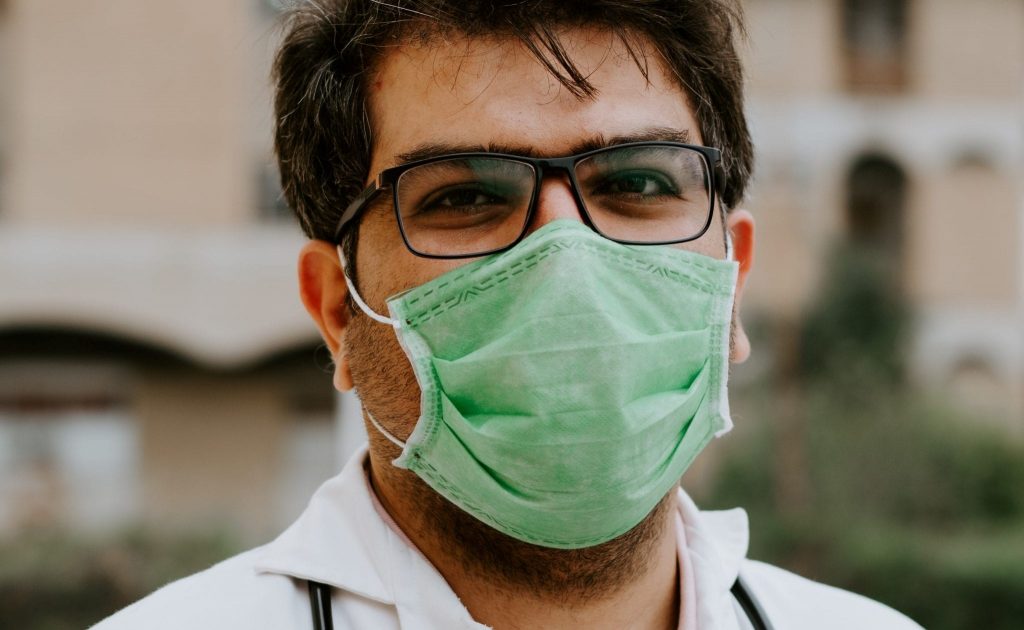
Symptoms of coronavirus or acute flu may worsen over time. And this is an accurate sign that it is time to ask for help.
Coronavirus has infected more than 1 million people worldwide. Against the background of all the news about the cancellation of events, flights and security measures (wash your hands!), it does not seem strange that people can feel alarmed every time they itch in the throat or cough.
However, if a person is not bothered by anything, he has practically no symptoms indicating a disease, he may be an asymptomatic carrier of coronavirus infection. In this case, nothing needs to be done — it is important to observe protective measures, in particular, wear a mask and less contact with people around.
More than others, the danger of contracting coronavirus is in people aged 60+, as well as citizens with chronic diseases (diabetes, heart and lung diseases).
At the same time, doctors say that coronavirus infection belongs to the group of respiratory viruses. There are more than 200 of them and they cause banal SARS and, given the seasonal outbreak of colds, do not panic if you have a runny nose and other symptoms of a cold.
When to see a doctor
However, it is imperative to consult a doctor if:
-
- with an increase in body temperature above 38, persistently more than 3 days;
- cough, mostly dry;
- a feeling of lack of air (shortness of breath);
- chest pain;
- severe general weakness.
No vaccine
The coronavirus vaccine has not yet been created, as well as a special antiviral treatment — scientists are only working on this.
But most patients recover in hospitals. Infected people are treated to relieve symptoms.
The WHO has issued recommendations on how to reduce the risk of contracting a new virus: wash your hands regularly and thoroughly, do not touch your face or eat poorly processed meat, milk, and eggs. Also, refrain from traveling to regions where there is a virus, avoid contact with sick people, stay at a distance of more than a meter with any person who sneezes or coughs. Observe “cough hygiene”.
Picture Credit: Unsplash
